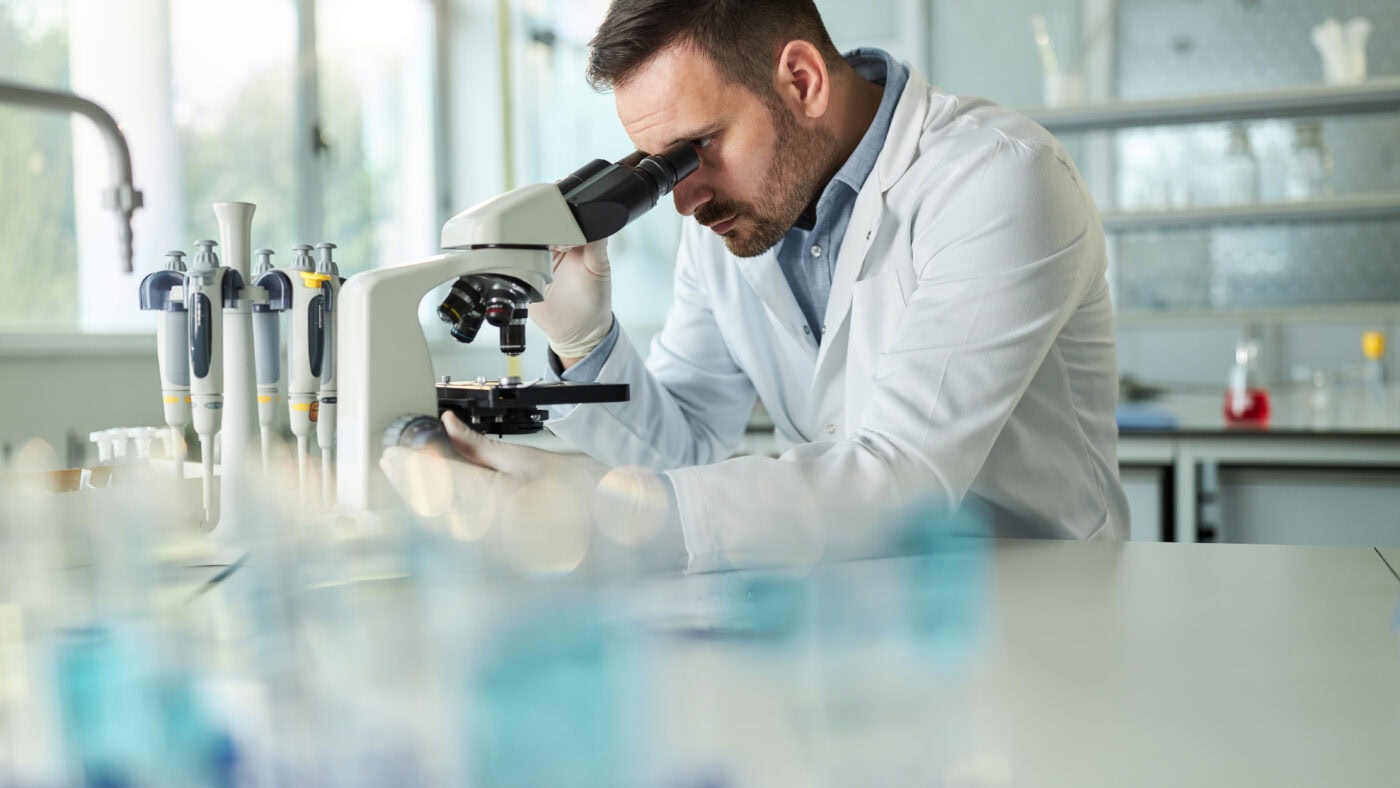Every year, promising medical trials fail to happen – not because the science is flawed, or because the regulators object, but because no one will pay for them. Potentially life-saving or life-improving treatments never leave the drawing board. The result is silent, systemic failure – invisible to the public but painfully obvious to the patients and researchers affected.
Some of the most viable treatments get stuck here: drugs already on the market, proven safe, that could be repurposed to treat other conditions. These are often generics, with no intellectual property rights left to protect, so there’s no money to be made. No profit means no commercial trial, and no commercial trial means no approval – regardless of the drug’s potential.
This problem is even more pronounced for rare diseases. The market is small, the route to return-on-investment unclear, and even the most promising interventions are often left unfunded. The regulations rightly demand that treatments be tested through ethically approved trials. But when there’s no money to fund the trials, the ethics become a catch-22: the rules protect patients by blocking trials – and in doing so, deny those same patients the possibility of benefit.
So what’s the answer?
One innovative idea is to let patients with the means to do so pay for the entire trial in return for a place on it – assuming they meet the medical inclusion criteria. Other patients would then join the same trial for free, with all participants receiving the same treatment and all results scrutinised in the usual, rigorous scientific way.
This idea hasn’t exactly been swirling around the corridors of bioethics departments – quite the opposite. To our knowledge, we were the first to set out the concept in detail, and the first to offer a workable model that directly addresses the ethical challenges. Together with Alexander Masters, we published the proposal in the Journal of Medical Ethics in 2017 under the title ‘A Plutocratic Proposal: an ethical way for rich patients to pay for a place on a clinical trial’ (read it here).
It’s a model with obvious potential – especially for diseases where time is short, options are few and hope is in short supply. Yet it’s run up against one major ethical objection: that this ‘plutocratic’ proposal privileges the rich and undermines equality.
That objection deserves serious scrutiny – and, we believe, fails the fairness test.
On the surface, yes, the idea of a rich person buying their way onto a clinical trial feels uncomfortable. But the comparison is flawed. This is not a case of queue-jumping or privilege; it’s a case of creating something that wouldn’t otherwise exist. Without the wealthy patient, there is no trial – no drug, no data and no benefit for anyone. With them, the door opens for others to take part for free. The money enters the system from outside, and the trial is run with the same scientific standards and regulatory oversight as any other.
It is, in a sense, a Robin Hood model – new money entering the system in a way that benefits all.
Of course, the model has to be carefully controlled. There are genuine ethical concerns, particularly around coercion, scientific validity and fair access. But after years of discussion with ethicists, doctors, patients and regulators, we believe those concerns can be met. That was the point of our original paper – and it’s the reason we’re now taking the next step.
We are now in the process of establishing a new charity to act as a trusted intermediary. This body will ensure that patient-funded trials meet the highest ethical and scientific standards – that the process is fair, transparent, and genuinely beneficial to all participants. We want to connect doctors with unfunded trials to patients willing to fund them, while protecting the integrity of the science and the rights of everyone involved.
We’ve spoken at leading medical and bioethics forums, including the Brocher Foundation in Geneva. We’ve been advised by some of the world’s most respected ethicists, including Professor Art Caplan at NYU. The interest we’ve received – from doctors, researchers, patients and even some policymakers – has been enormous.
What we now need is seed funding to make the organisation a reality. We’ve been working on this in our spare time for years. This isn’t a commercial venture. We’re not building a platform to exploit hope. We’re creating a new model – carefully structured, rigorously ethical – to help unblock a broken part of the medical innovation pipeline.
If successful, this model could help drive forward trials that would otherwise be left to gather dust. It could offer real hope to people with rare diseases, neglected conditions or few remaining options. And it could change how we think about fairness in medicine – not as something defined by rigid sameness, but as something defined by actual opportunity.
Right now, that opportunity is being lost – not because the science isn’t ready, but because the funding model is broken. It’s time to try something new.
Click here to subscribe to our daily briefing – the best pieces from CapX and across the web.
CapX depends on the generosity of its readers. If you value what we do, please consider making a donation.


